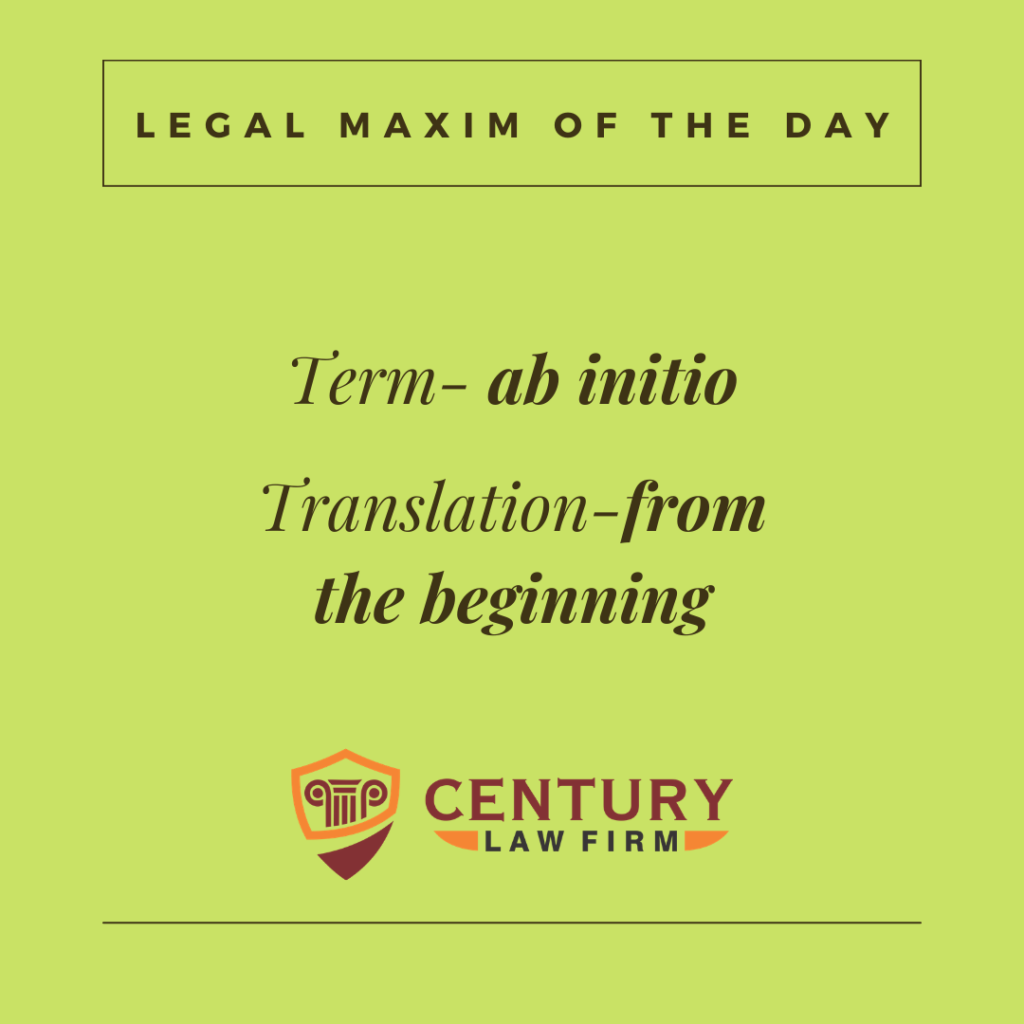Term- veto
Translation- I forbid.
Definition- The power of an executive to prevent an action, especially the enactment of legislation.
“Veto” is a Latin term that means “I forbid”. It is often used in a political context to refer to the power of an individual or group to reject or prevent a decision or action taken by another individual or group.
In a democratic system of government, the veto power may be granted to an executive authority, such as the president or the governor, to reject a bill passed by the legislature. In this context, the executive may use the veto power to prevent the passage of a bill that they believe is not in the best interests of the country or its citizens.
The veto power may also be used in other contexts, such as in business, where a shareholder or board member may use their veto power to prevent a decision from being made or to block a proposal.
Overall, the term “veto” refers to the power to reject or prevent a decision or action taken by another individual or group, and is often used in a political or business context to represent the exercise of such power.
The Power to Say No: Understanding the Legal Maxim of Veto
The word “veto” comes from the Latin verb meaning “I forbid.” As a legal concept, veto refers to the right of an individual or entity to unilaterally forbid or reject a proposal or action. Even if all other parties agree or approve, one veto can override them all.
The Origin of Veto Power
Veto power first emerged in ancient Roman times. The tribunes of the plebs – officials elected to protect commoner interests – had the ability to void acts or proposals of other leaders. This aimed to counterbalance the authority of the aristocratic senate and magistrates.
Over time, veto became an integral part of governance structures from parliamentary legislatures to the United Nations Security Council. It empowers a single dissenting voice to halt the majority, to stimulate debate and compromise.
Modern Applications of the Veto
Today the veto remains an important check and balance on political power in many contexts:
- The President of the United States can veto Congressional bills, even if they have majority support. This stops them becoming law unless a two-thirds Congressional majority then overrides.
- Permanent members of the UN Security Council (US, UK, France, China, Russia) can veto any resolution, even if all other member states vote for it. This huge influence impacts issues of global security and peacekeeping.
- Software engineers frequently employ a “code freeze veto” right before major releases. Even if product leaders approve a code change, engineers can veto it to avoid stability risks.
The fundamental concept behind veto endures – empowering a single authorized voice to force consideration of unintended impacts, dissenting views and alternatives. It provides critical oversight across political, social, technological and organizational governance.
So while veto may sound straightforward, its implications remain complex. The legal maxim gives extraordinary unilateral power that has been constantly debated, critiqued and checked throughout history.



